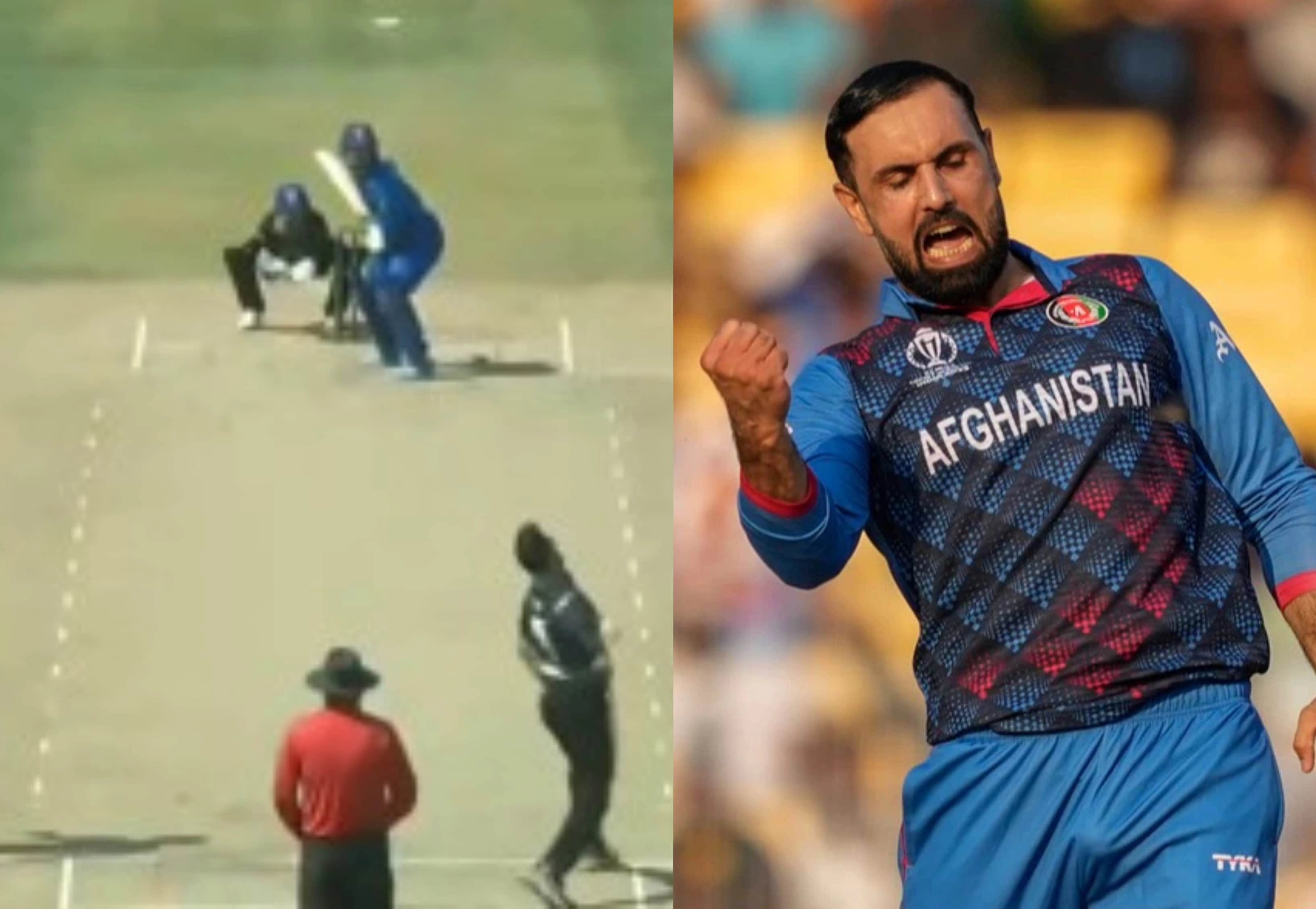In recent discussions surrounding the controversial ‘handshake’ incident in cricket, Gautam Gambhir has offered a blunt perspective that raises important questions about sportsmanship and the unwritten rules of the game. The incident in question revolves around a perceived slight during a match, sparking debates about how players should conduct themselves on the field. Gambhir, known for his straightforward opinions, suggested that the reaction to such incidents can often be amplified based on the cultural and competitive contexts of the teams involved.
Gambhir’s remarks highlight the complexity of sportsmanship in cricket, especially when considering the diverse backgrounds of players. He pointedly questioned whether England would have reacted similarly had they been in a comparable situation, suggesting that perceptions of respect and conduct can vary significantly across different cricketing nations. This commentary underscores the idea that the interpretation of gestures, like a handshake, can carry different meanings depending on the players’ nationalities and the competitive atmosphere.
Furthermore, Gambhir’s take serves to remind fans and players alike of the importance of maintaining decorum, regardless of the heat of the moment. Cricket, as a sport rich in tradition, relies heavily on mutual respect among players, and any breach of this unwritten code can lead to significant fallout. His comments resonate with the ongoing dialogue about how players should navigate their emotions and interactions on the field, especially in high-stakes matches where tensions run high.
Ultimately, Gambhir’s insights encourage a broader conversation about the evolving nature of sportsmanship in cricket. As the game continues to grow globally, the need for a unified understanding of respect and conduct becomes increasingly essential. By reflecting on incidents like the handshake row, players and fans alike can contribute to a more respectful and understanding cricketing culture, ensuring that the spirit of the game remains intact for future generations.



